Washington, D.C., Jan 04, (V7N) - On Friday, (Jan 03) President Joe Biden will honor eight soldiers who displayed extraordinary valor in the Korean War and the Vietnam War by awarding them the Medal of Honor. These soldiers, who performed acts of remarkable bravery, will finally receive recognition for their self-sacrifice, some of which was delayed due to racial discrimination at the time of their service.
The Medal of Honor is the highest award for military heroism and requires extensive documentation. The seven men to be honored, including soldiers of color, will be recognized decades after their acts of valor. Many of the honorees faced life-threatening situations and exposed themselves to gunfire and explosions to save their comrades.
Some of the soldiers being honored were subjected to racial discrimination. Dwight Mears, an Army veteran and expert on military commendations, believes the delayed recognition may stem from racial bias during the Korean War. For instance, soldiers of Japanese and African American descent faced additional barriers in receiving recognition for their actions.
Here are some of the soldiers to be honored:
Private 1st Class Kenneth David (Vietnam War): On May 7, 1970, David, a radio telephone operator from Ohio, shielded his wounded comrades from enemy fire during a surprise attack in Vietnam. Despite being injured himself, David continued to fight and draw enemy fire away from medevac helicopters. His actions saved seven soldiers’ lives.
Private Bruno Orig (Korean War): Orig, from Hawaii, was serving near Chipyong-ni, Korea, on February 15, 1951, when enemy forces attacked. He provided first aid and fired a machine gun to help evacuate his wounded comrades. He continued fighting until he was killed. His actions allowed his platoon to withdraw without casualties.
Private First Class Wataru Nakamura (Korean War): Nakamura, from Los Angeles, volunteered to inspect a communication line on May 18, 1951, near P’ungh’on-ni, Korea. When surrounded by enemy troops, he singlehandedly destroyed a machine-gun nest. He then cleared other bunkers but was mortally wounded by a grenade. Nakamura had been interned in a U.S. camp during WWII due to his Japanese descent, but he served with distinction during the Korean War.
Corporal Fred McGee (Korean War): McGee, from Ohio, led his squad in an assault against fortified enemy positions on June 16, 1952, in Korea. Despite being wounded, he continued to evacuate his injured comrades under heavy fire. His bravery was not recognized until decades later, after McGee’s daughter spent over 30 years advocating for his recognition.
Private First Class Charles Johnson (Korean War): On June 11-12, 1953, Johnson defended Outpost Harry in Korea, withstanding a massive Chinese assault. After being wounded, he provided first aid, killed enemy troops in hand-to-hand combat, and sacrificed his life to allow others to escape.
1st Lieutenant Richard Cavazos (Korean War): On June 14, 1953, Cavazos led several assaults on an enemy outpost under heavy fire. He continued to search for missing comrades, evacuating five wounded men while under attack. Cavazos went on to become the first Hispanic brigadier general in the U.S. Army.
Captain Hugh Nelson (Vietnam War): On June 5, 1966, Captain Nelson, a helicopter pilot from South Carolina, crashed his aircraft in Vietnam after taking enemy fire. While trying to rescue his trapped crew members, he shielded one of them from intense enemy fire, saving his life but succumbing to over 20 bullet wounds in the process.
These soldiers’ actions exemplified courage above and beyond the call of duty, and their sacrifices are finally being recognized with the Medal of Honor, decades after their heroic acts took place. Their stories are a testament to the bravery and dedication of those who served, even in the face of adversity.
END/SMA/AJ/



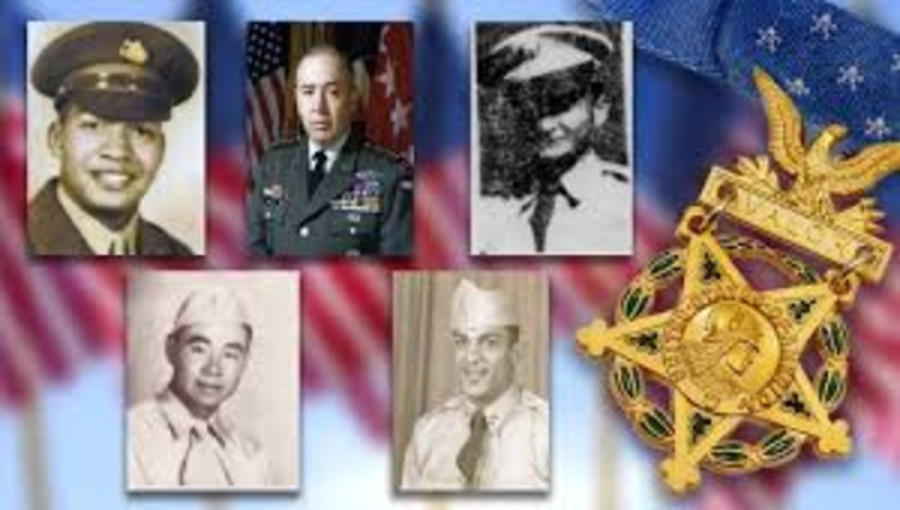

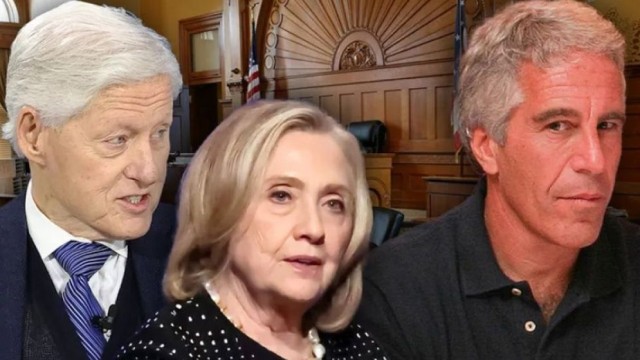
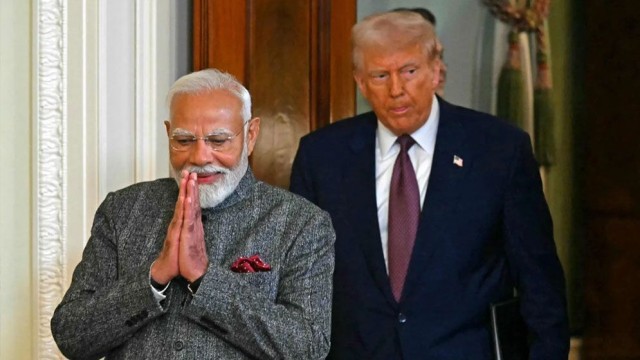
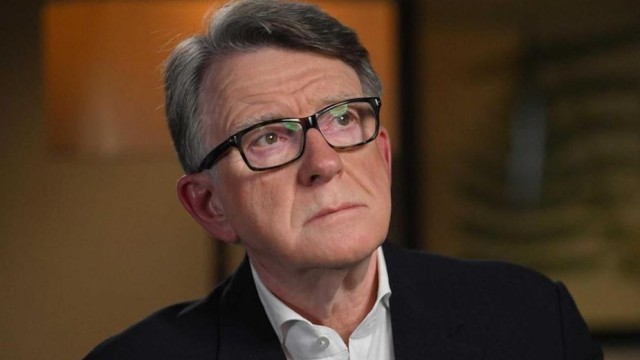
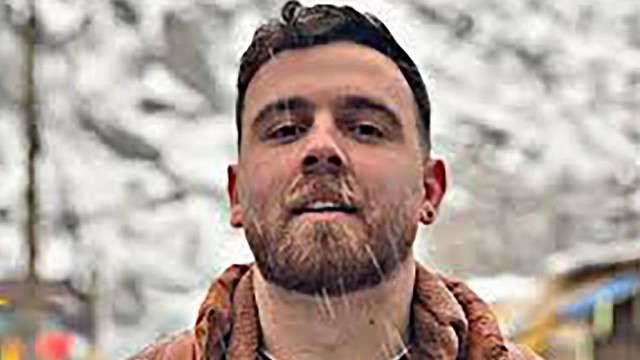
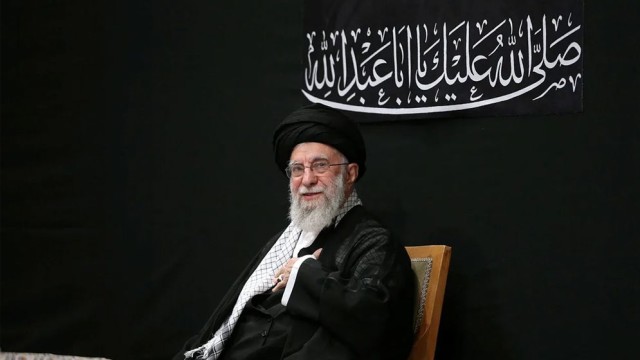

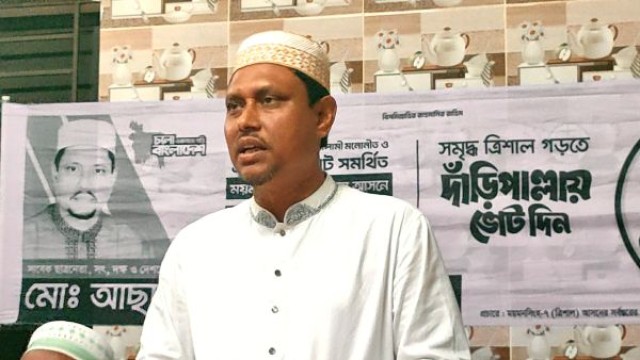
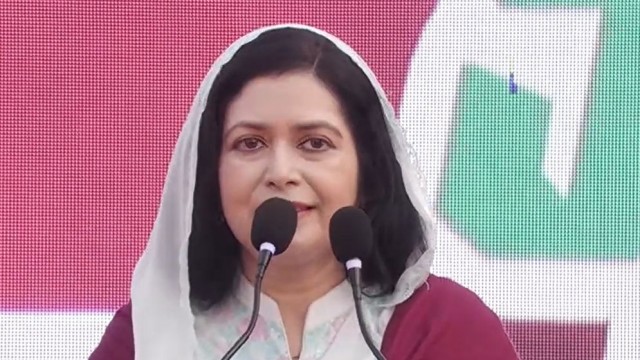

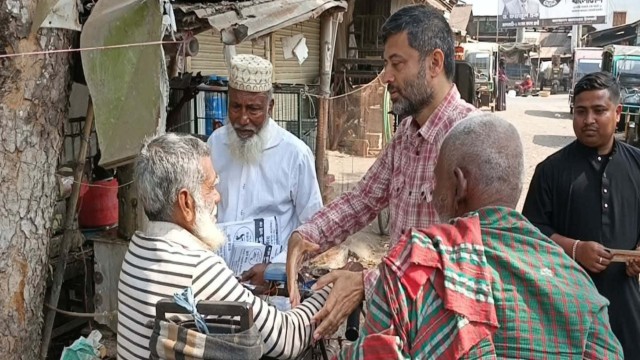
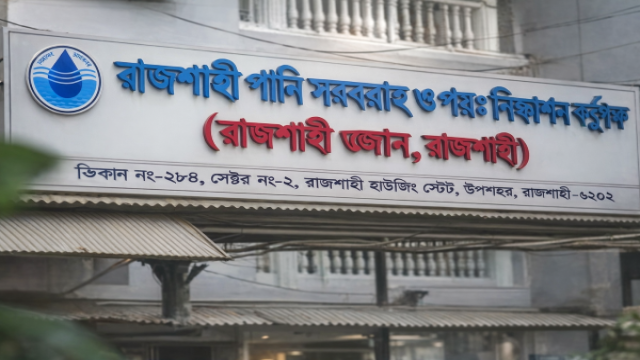
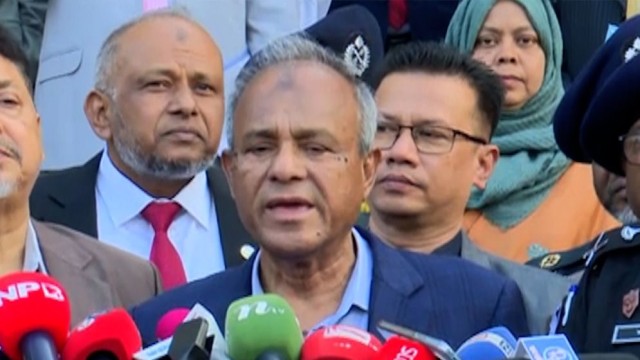
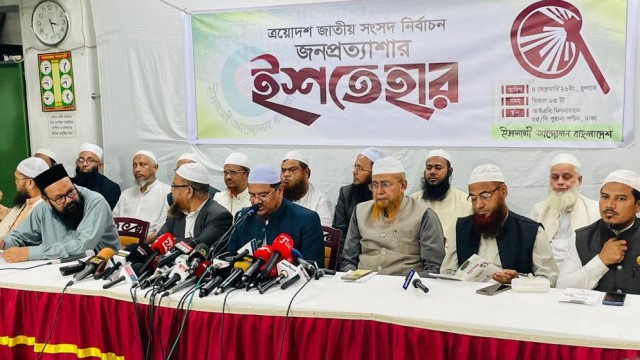












Comment: